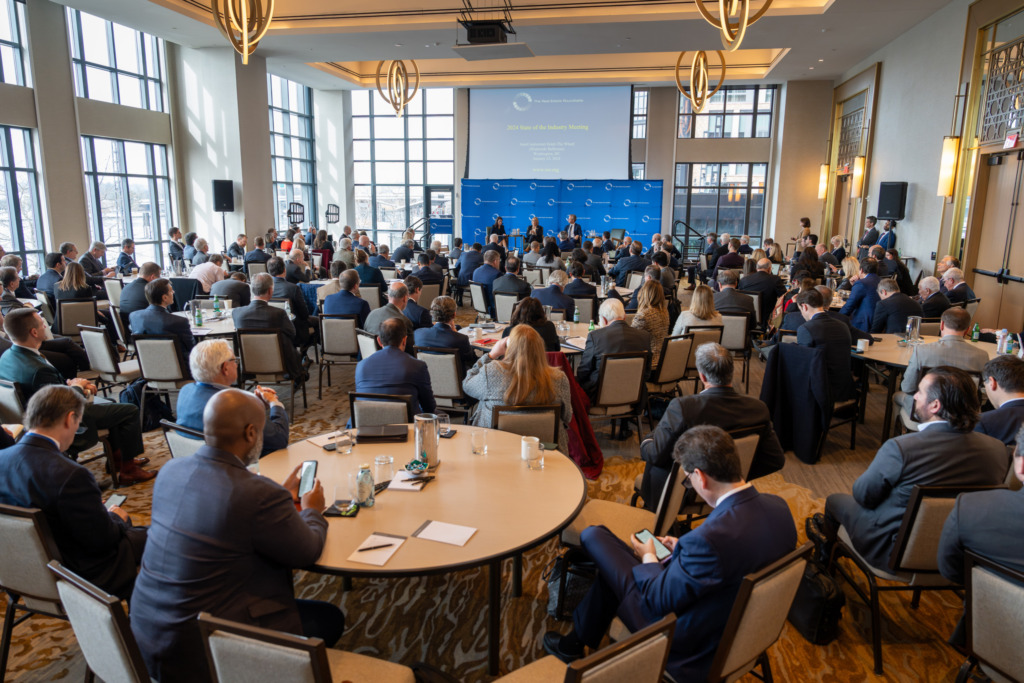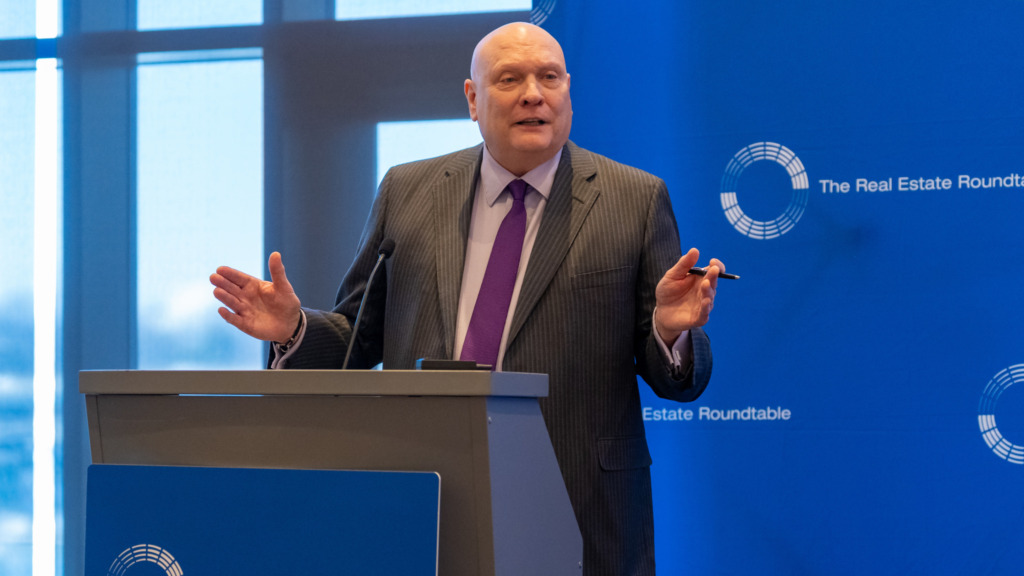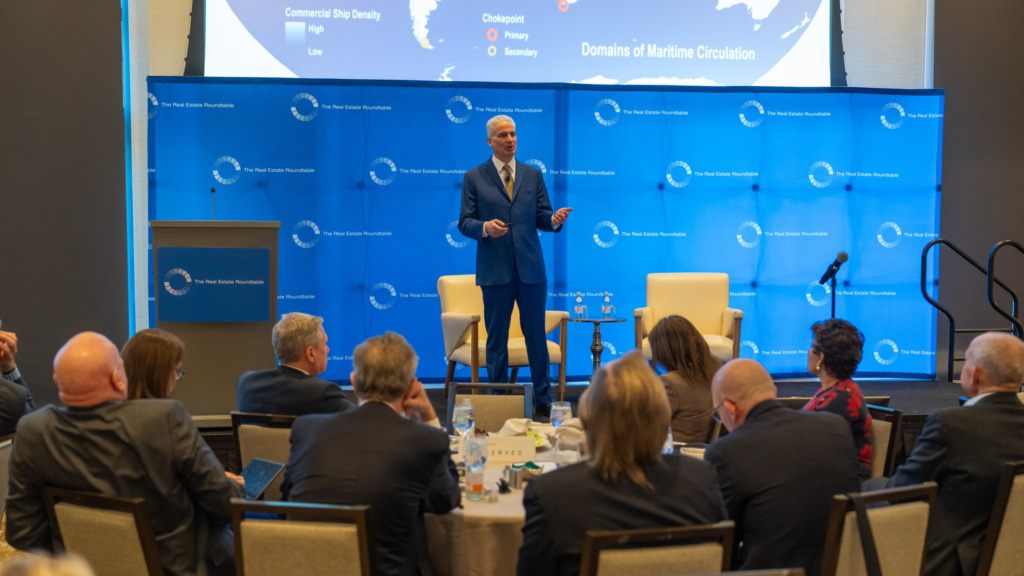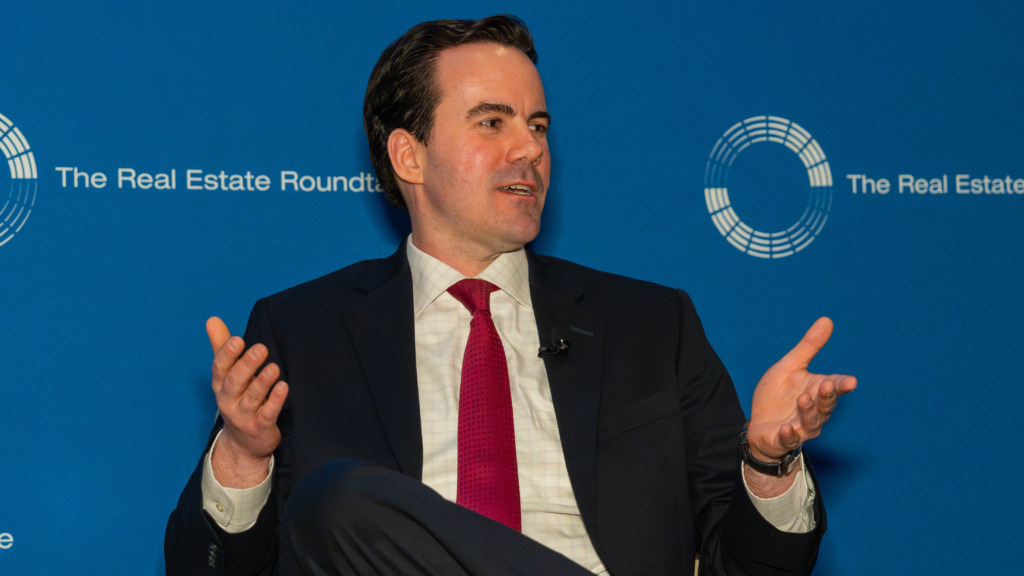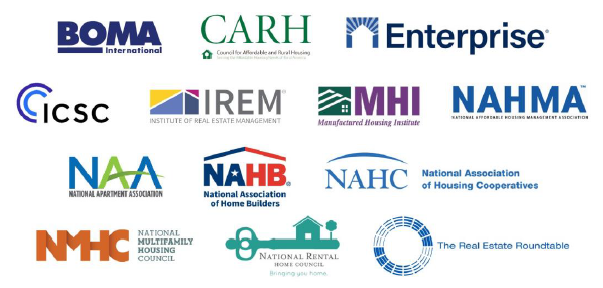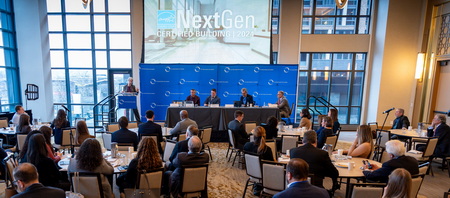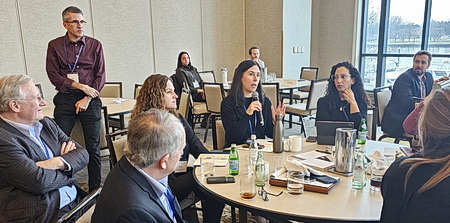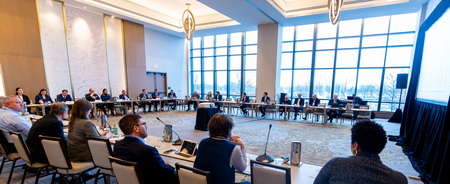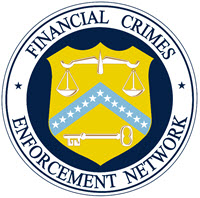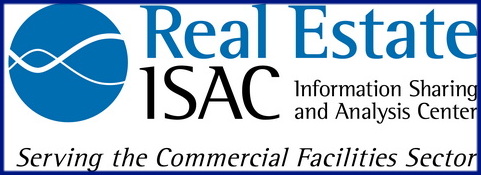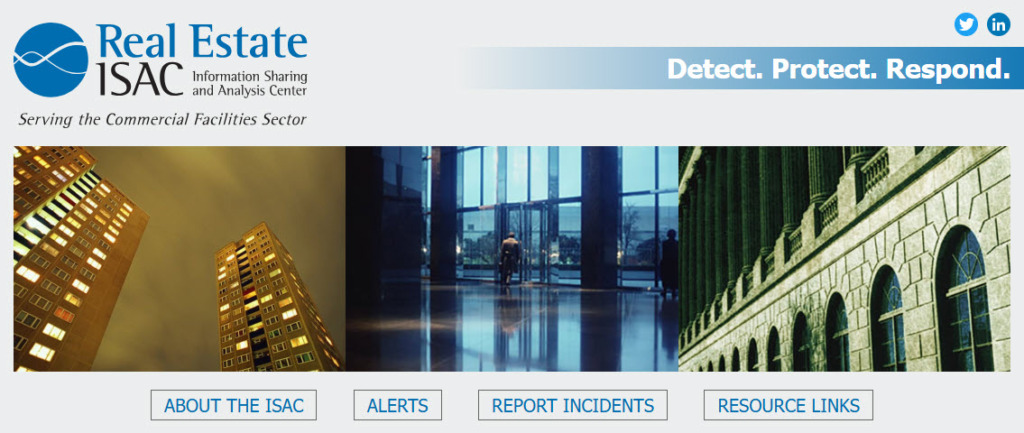
Widespread demonstrations against recent Immigration and Customs Enforcement (ICE) raids, including National Guard deployments across the nation, prompted urgent coordination among commercial real estate leaders this week through The Real Estate Roundtable’s (RER) Homeland Security Task Force (HSTF). (Washington Post, June 13)
Why it Matters for CRE
- In response to protests over recent immigration sweeps across the U.S., RER’s HSTF, Real Estate Information Sharing and Analysis Center (RE-ISAC), and partnership with the Commercial Facilities Sector Coordinating Council convened several calls this week to assess potential impacts on properties and personnel. (Axios, June 9)
- The escalating risk environment, including looting, anti-government extremism, and threats against infrastructure—has immediate implications for commercial real estate assets.
- Protests in L.A. County and across the country triggered curfews and disruptions across business sectors, including retail, restaurants, and hotels.
- Tesla Supercharger stations and other critical infrastructure were identified as high-risk. Fires and vandalism remain top concerns, especially near historic and civic buildings.
- Last month at RER’s HSTF Meeting, one of the discussions included a review of the risks to commercial facilities from lithium-ion batteries with John Frank (AXA XL Risk Consulting). The meeting also included a series of briefs from the FBI regarding the threats from terrorist and transnational criminal organizations that are directly threatening U.S. citizens and commercial facilities. (Roundtable Weekly, May 30)
RER’s Homeland Security Task Force and RE-ISAC Response
- Rising global tensions are also heightening domestic security concerns. The U.S. has repositioned military resources in the Middle East in response to Israeli strikes across Iran—a development that raises the risk of Iranian retaliation and potential threats to homeland security and critical infrastructure. (AP News | Axios, June 13)
- Through the HSTF, RER works with government officials and private sector partners to detect, protect, and respond to a multiplicity of key threats.
- Under the oversight of the HSTF, the RE-ISAC, serves as the primary conduit of terrorism, cyber and natural hazard warning and response information between the government and the commercial facilities sector.
- “This moment requires vigilance, clarity, and coordination across sectors,” said HSTF Chair Amanda Mason (Executive Director, Global Intelligence, Related Companies), who led several calls throughout the week.
- RE-ISAC’s information-sharing network coordinates activities supporting the detection, prevention, and mitigation of a full range of physical, data, and cyber threats to the nation’s critical infrastructure.
RER, through its HSTF, will remain engaged in efforts to address evolving threats affecting the sector. Through regular briefings and coordination with public- and private-sector partners, the HSTF will continue to support preparedness and resilience across the industry.
